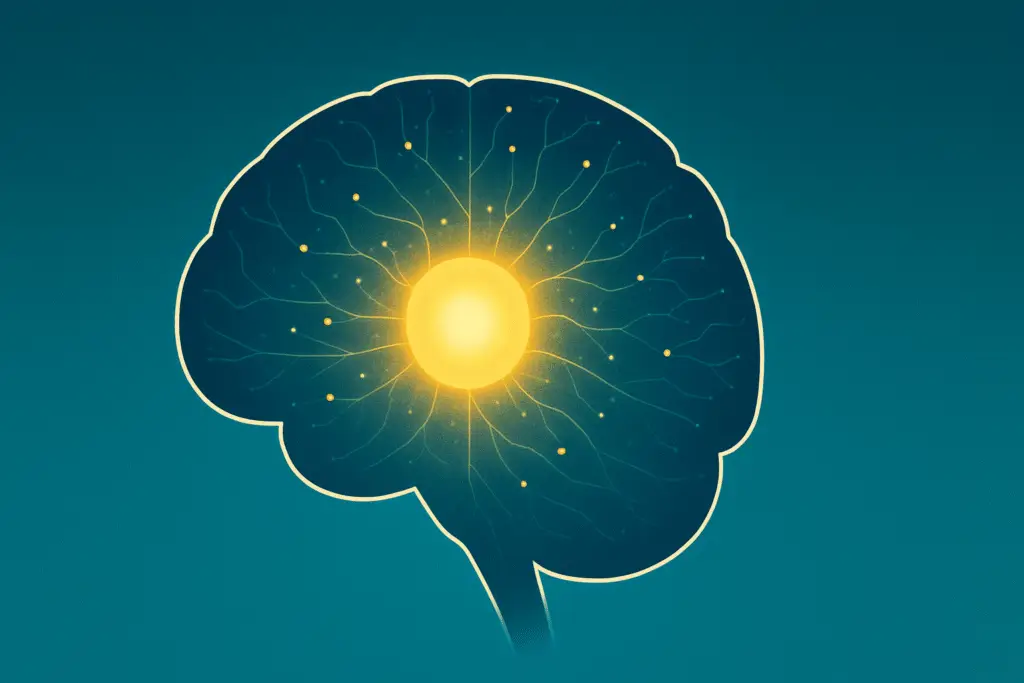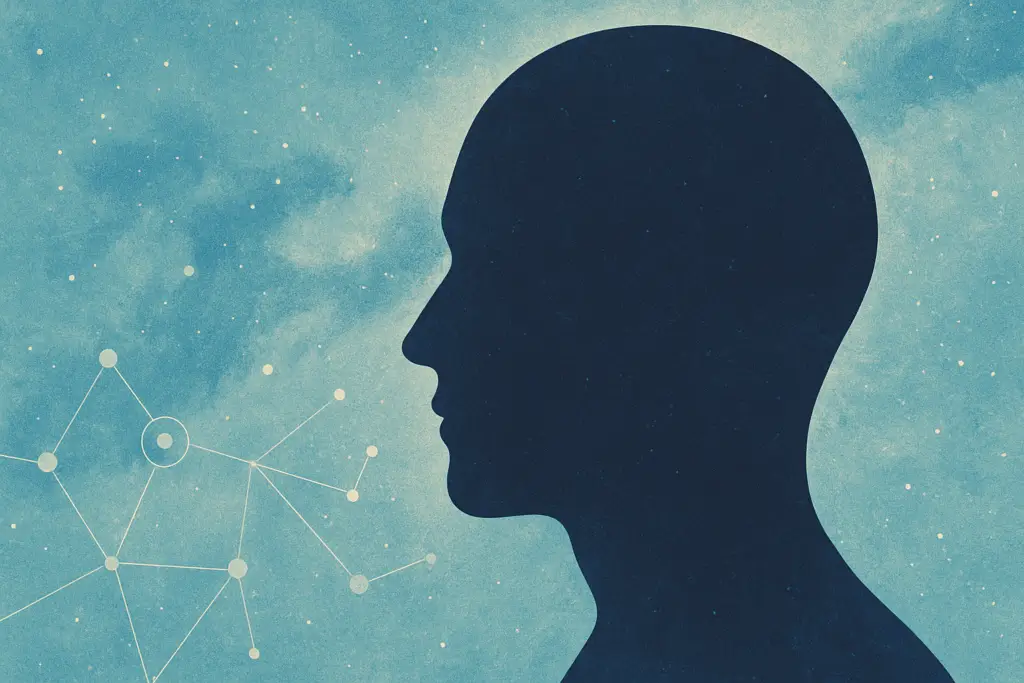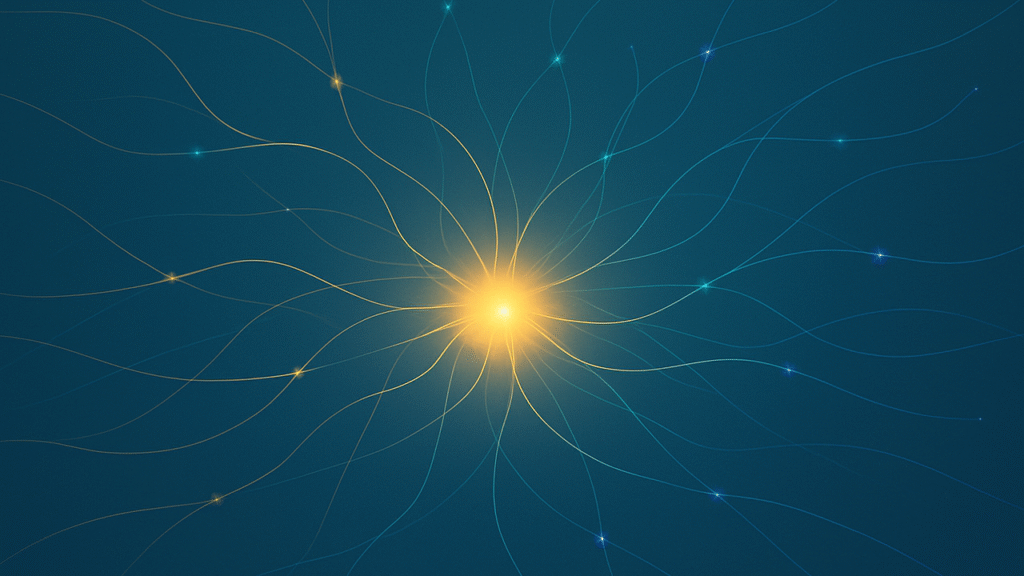The Ātmā in the Bhagavata Philosophy

This article explores the Bhagavata model of consciousness—rooted within the broader Vedic tradition—which distinguishes the physical body, subtle mind, and eternal self (ātmā). Against reductionist neuroscience, it argues that we are not our brains but conscious beings whose true nature is eternal, self-aware, and blissful.
The Hard Problem of Consciousness and the primacy of the Atma

This article explores why subjective experience remains unexplained by neuroscience and how the Bhagavata philosophy (and the broader Vedic tradition) offers a different framework—treating consciousness as primary, irreducible, and eternal. By comparing modern scientific paradigms with Bhagavata metaphysics, it argues that consciousness is not an emergent property of matter but the foundation of existence.
What is the Atma Paradigm?

This article introduces the Atma Paradigm, a science-consistent philosophical framework that places consciousness at the center of reality. Drawing on the Bhāgavata philosophy, it explores how meaning, purpose, and the irreducible self (atma) provide a richer understanding of life, mind, and the cosmos.
What we provide

This article outlines the mission and work of the Atma Paradigm project—presenting academic research, engaging with scientific literature, producing conversations through podcasts and videos, and cultivating a safe space for open inquiry into consciousness and reality.
